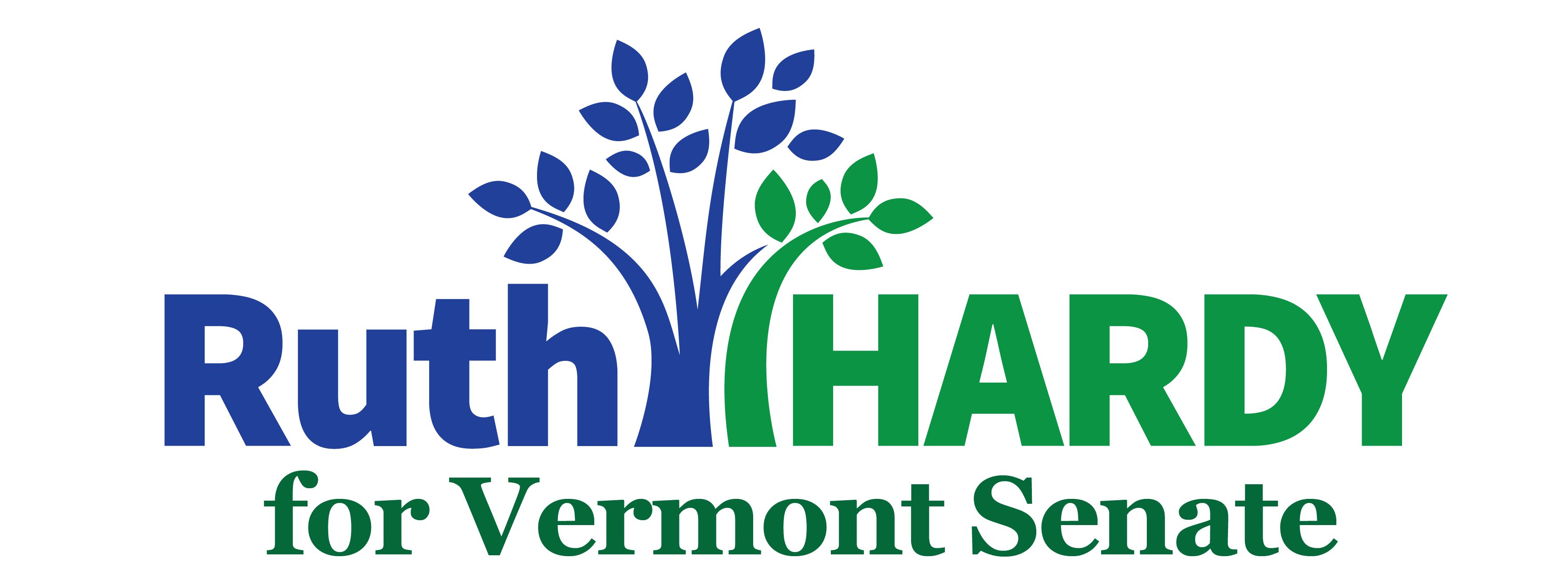As chair of the Senate Government Operations Committee, I prioritize government accountability, transparency, and accessibility. When I first ran for office, I committed to making sure that government would work for everyone and this session we passed several key bills aimed at improving how government functions for everyone.
Open Meeting Law Updates – S.55. Transparent and accessible public meetings are fundamental to ensuring accountability for state and local government. Since the beginning of the COVID pandemic, we have temporarily allowed all public bodies (boards, commissions & committees) to meet fully remotely, without a physical meeting location. This permission expires on June 30, 2024, so we passed S.55 to permanently update Vermont’s Open Meeting Law. The bill requires all state-level, non-advisory public bodies to meet in hybrid form, all local non-advisory public bodies to meet with a physical presence, and all advisory public bodies to meet in the manner of their choice. The bill requires public bodies to provide alternative access to members of the public and establishes that public bodies may alter their meeting plans in the event of emergencies or certain local incidents. The bill establishes a working group, chaired by the Secretary of State, to provide further recommendations for improving access to and participation in Vermont’s public meetings. See this one-page summary for further details. Whether it’s state boards like the State Board of Education or Green Mountain Care Board, or local boards like school boards and selectboards, we want to make sure that you can attend and participate in the work of your government.
State and Municipal Ethics Codes – H.875. Vermont lags behind most states in its requirements for public officials to adhere to a rigorous ethics code. Thus, H.875 makes sweeping improvements to require transparency, training, and process improvements for ethics enforcement at the state and local level. This legislation has three main sections: 1) adds requirements for state & county candidate and executive official financial disclosures; 2) expands the powers and duties of the State Ethics Commission; and 3) creates a Municipal Code of Ethics. The bill adds disclosures of certain investments, loans, and trusts for candidates, certain executive officials, and their spouses/partners, and imposes penalties for failure to comply. It expands the power of the Ethics Commission to collect data, provide guidance, engage in investigations, and issue warnings & reprimands regarding ethics complaints. Finally, the bill creates a Municipal Code of Ethics for certain town officials, requires training, policies & procedures, enforcement, and reporting. The bill also establishes whistleblower protections for municipal employees. These provisions are phased in over the next two years and would significantly improve Vermont’s ethics code ranking among states. You can find a summary of the bill here.
Property Tax Abatement and Tax Sales – H.629. This bill clarifies and standardizes the process for tax abatement hearings and tax sale proceedings, making them more fair, predictable, and transparent for residents and municipalities. H.629 updates procedures and reasons for granting a tax abatement and permits municipalities to consider tax abatement requests from a class of taxpayers, under certain circumstances. The bill bolsters notifications about eligibility for property tax credits. For tax sales, H.629 prevents towns from initiating a tax sale until a taxpayer is delinquent for at least one year and only after the taxpayer has been given an opportunity to enter into a reasonable repayment plan. The bill strengthens notification procedures for delinquent taxes, tax sales, and property redemptions following a tax sale. Finally, the bill creates a working group to make further recommendations for improving the system and process.
Access to Foster Care Records – H.644. Many adults who spent all or part of their childhood in foster care or other types of state custody have very little information about how and why they ended up there. Currently, these folks have no way of obtaining the records about themselves from the state, and therefore no way of learning their full life story. Thus, H.644 states that it is the intent of the Legislature that “adults who were subject to placement in State foster care, institutions, and other systemic placements have a statutory right to access their own records in order to more fully understand their own personal stories, including their health, education, family, and other histories; access healing in their chosen way; and be recognized and trusted as legitimate custodians of their own information.” The bill requires the Department of Children and Families, subject to certain specific state and federal privacy and safety requirements, to disclose the records created by the Department to individuals who are the subject of the records, over 18 years of age, and as a minor was in foster care or subject to juvenile judicial proceedings. Further, H.629 requires the release of juvenile judicial proceeding records as requested by these same individuals. This type of transparency and access is crucial for individual healing and overall trust in government.
Header photo: Members of the Senate Government Operations Committee, along with our main Legislative Counsel attorney and committee assistant, in front of our wall of bills.

